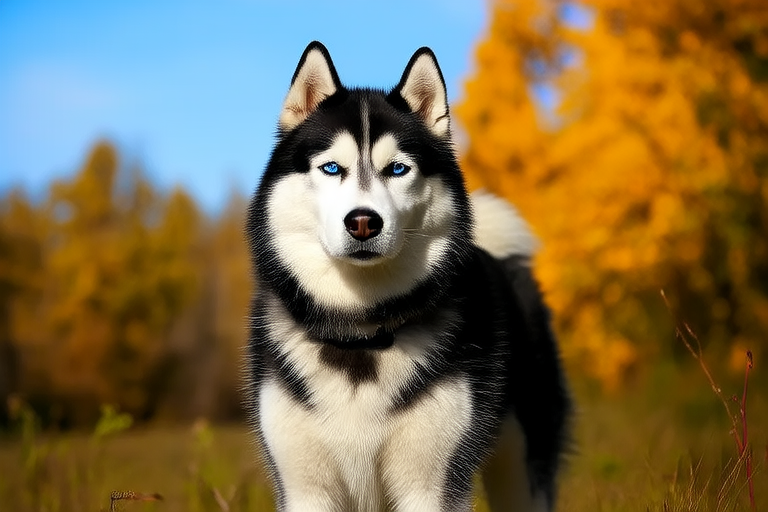Siberian Huskies: The Ultimate Guide for First-Time Owners
Welcome to your comprehensive guide on Siberian Huskies! This breed is known for its striking appearance and friendly nature, but they also come with unique challenges. Whether you’re a first-time owner or just curious about these beautiful dogs, this guide will help you understand their temperament, exercise needs, dietary requirements, grooming tips, health concerns, training methods, and essential gear.
Temperament
Siberian Huskies are friendly, outgoing, and social dogs. They love people and other animals, making them great family pets. However, they can be independent and stubborn, so early socialization and training are crucial. These dogs were bred to work in packs, so they thrive in environments where they can interact with others. They are also known for their intelligence and problem-solving skills, which means they can be quite mischievous if not properly trained.
Exercise Needs
Huskies require a significant amount of physical activity due to their high energy levels. Daily walks, runs, and playtime are essential to keep them healthy and happy. Agility courses, hiking, and dog sports like flyball and lure coursing are excellent ways to provide mental stimulation as well. Remember, huskies have a strong prey drive, so always keep them on a leash during walks unless you’re in a secure, enclosed area.
Dietary Requirements
A balanced diet is vital for your husky’s health. High-quality dog food that meets AAFCO standards is recommended. Look for foods rich in protein and fat, as these are essential for maintaining muscle mass and providing energy. Avoid overfeeding, as obesity can lead to various health issues. Consult your vet for advice tailored to your dog’s specific needs.
Grooming Tips
Huskies have a thick double coat that sheds heavily, especially during seasonal changes. Regular brushing, at least twice a week, helps manage shedding and keeps their coat healthy. Bathing should be done sparingly, as it can strip natural oils from their skin. Nail trimming, ear cleaning, and dental care are also important aspects of their grooming routine.
Health Concerns
While generally healthy, Siberian Huskies are prone to certain genetic conditions. Common issues include hip dysplasia, progressive retinal atrophy (PRA), and hypothyroidism. Regular veterinary check-ups and genetic testing can help identify potential problems early. Maintaining a healthy weight and providing proper nutrition also contribute to overall wellness.
Training Methods
Positive reinforcement is key when training Siberian Huskies. Use treats, praise, and toys to reward good behavior. Consistency is crucial, as these dogs can be persistent and may test boundaries. Start training young and involve all family members in the process. Basic commands such as ‘sit’, ‘stay’, ‘come’, and ‘leave it’ are essential. Advanced training can include agility, obedience, and even therapy work.
Essential Gear
Investing in quality gear ensures both comfort and safety for your husky. A sturdy collar or harness, a reliable leash, and a comfortable crate are must-haves. For outdoor activities, consider a reflective vest, booties for protection against hot or cold surfaces, and a water bottle designed for dogs. Interactive toys and puzzles can also aid in mental stimulation.
